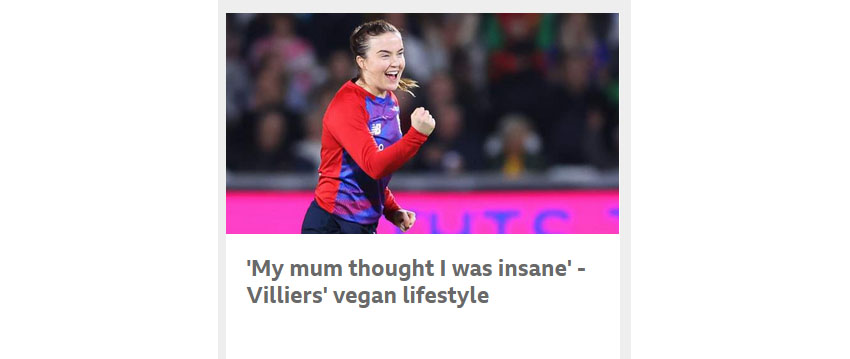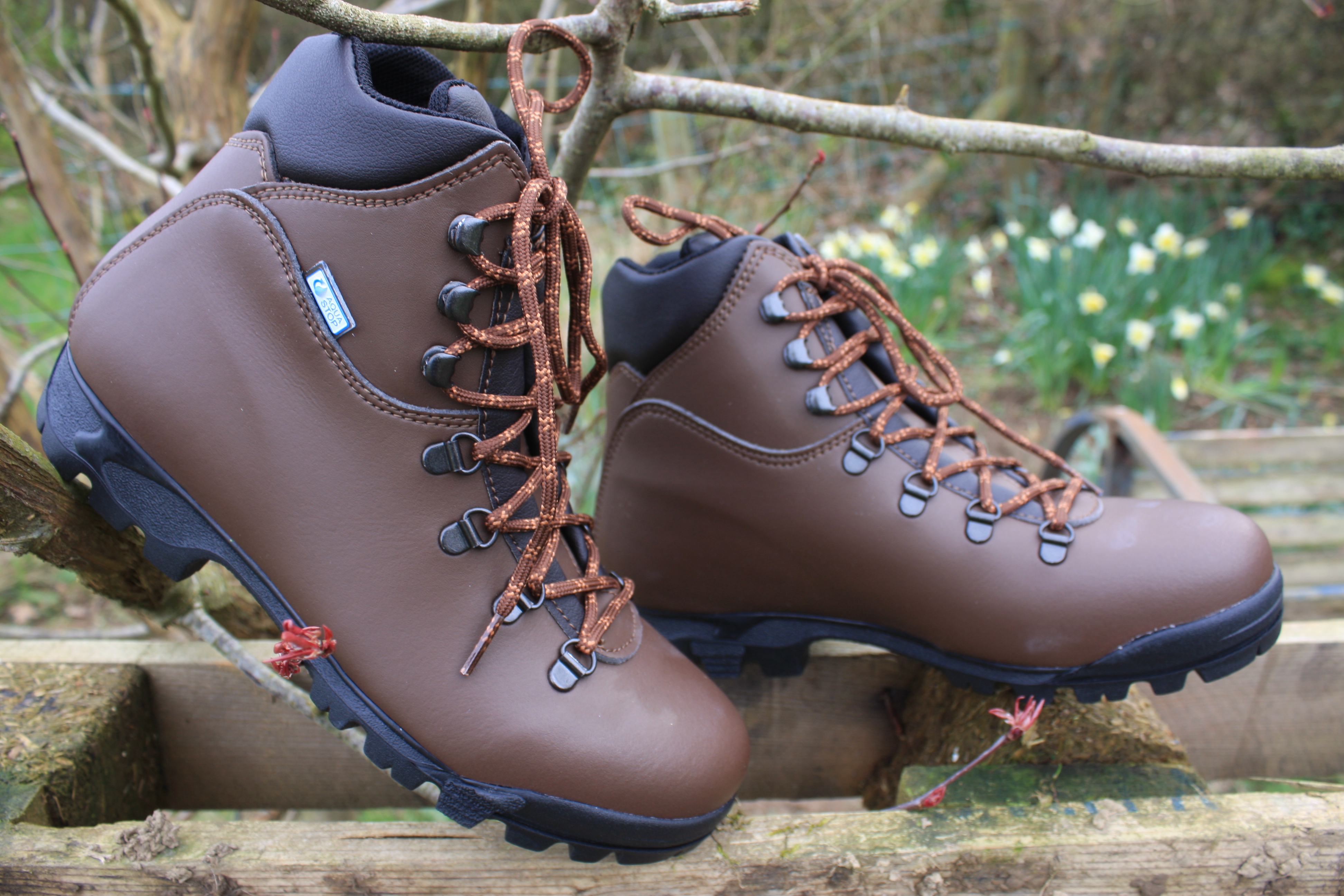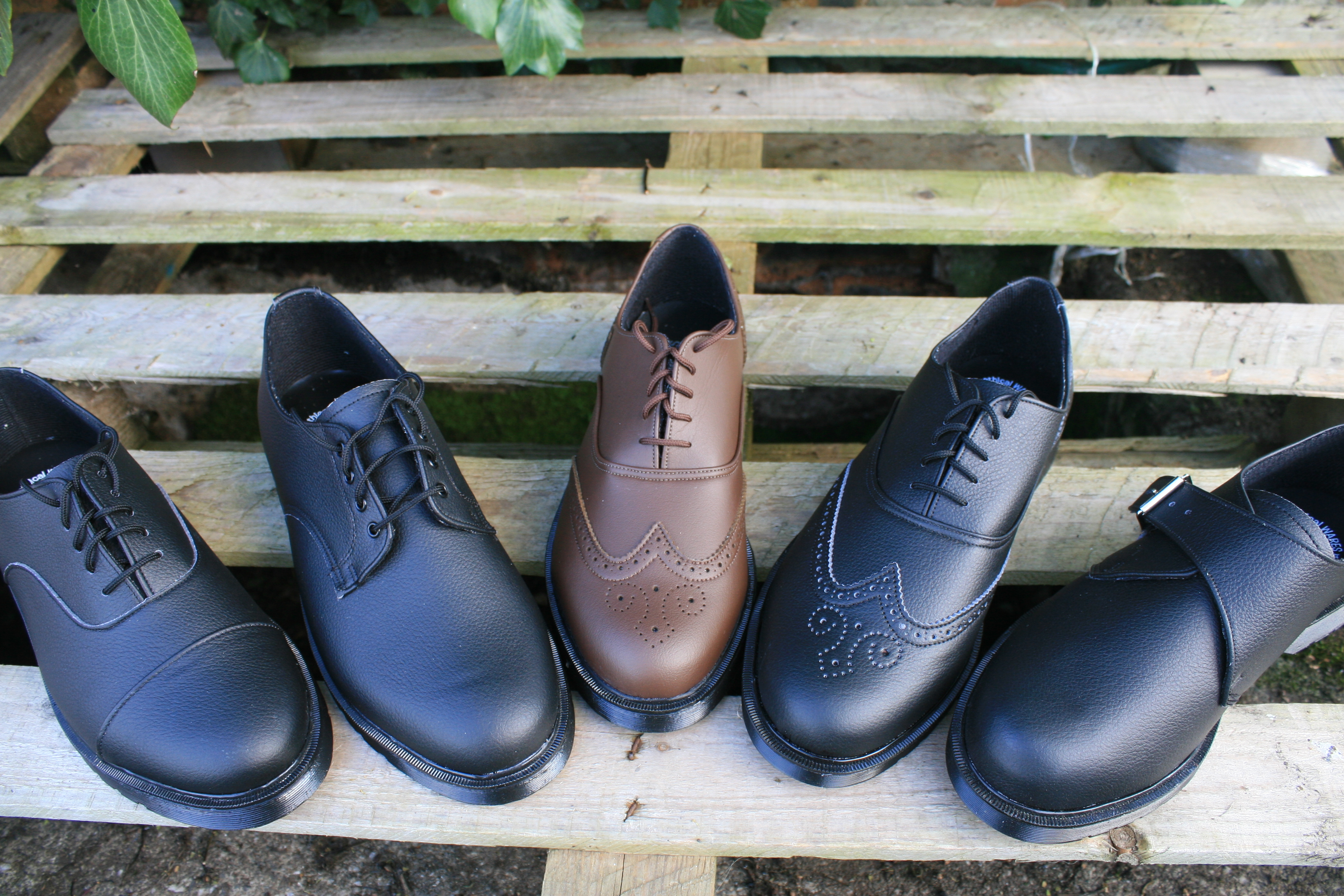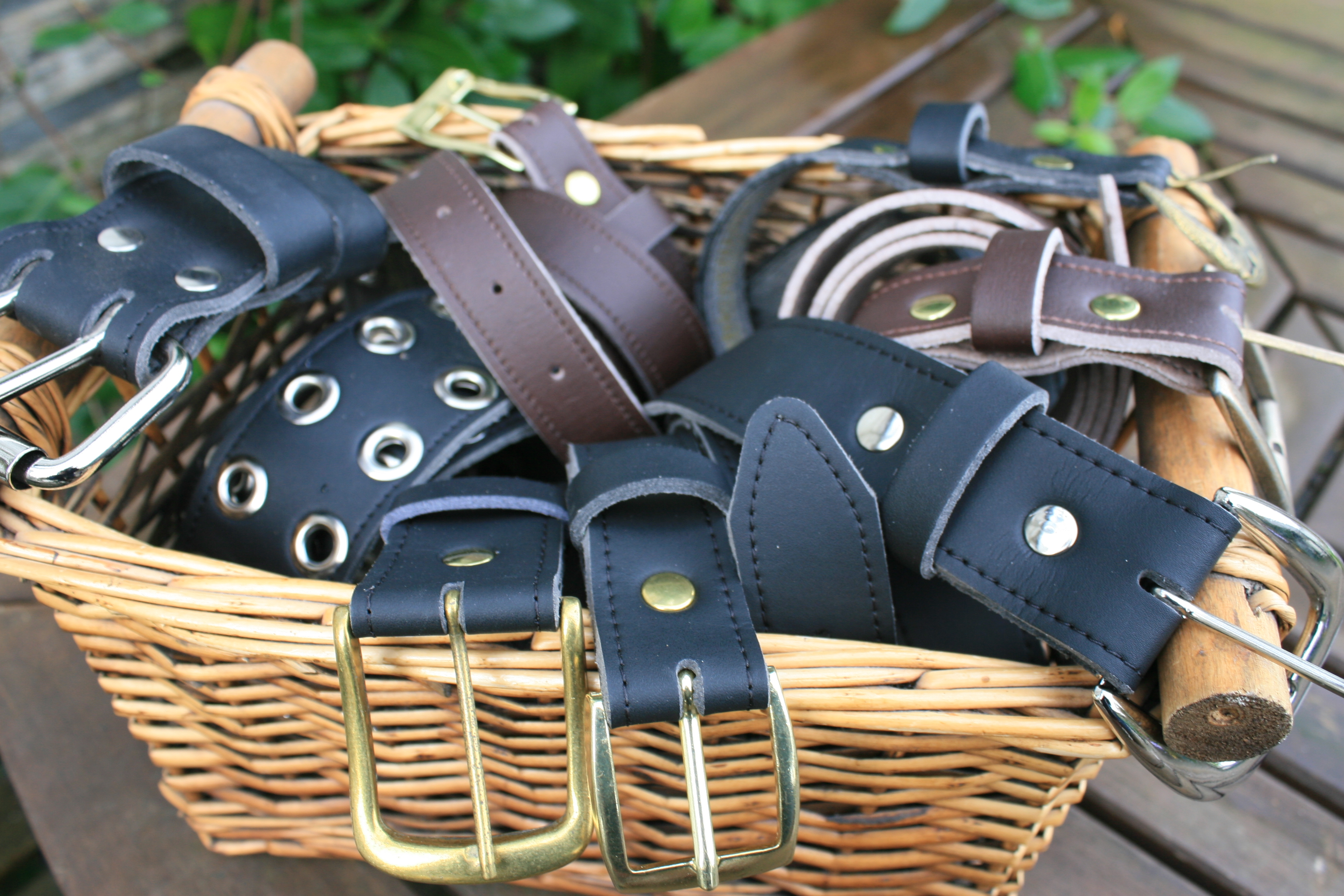![]() 100% Vegan
100% Vegan
![]() Established in 1993
Established in 1993
![]() Delivery Worldwide
Delivery Worldwide
![]() Peta Approved Vegan
Peta Approved Vegan
Recent Posts
- Buckland Boots being put to the test
- 30 Years
- Here’s a welcome headline on the BBC Sports pages;
- Helping Tibetan refugees build a bright future
- Helping Foxes in the South East of England
- The latest news from ethicalWARES
- Street Dog Care - £400 payment made
- OurLizzy
- ethicalWARES' Guide To Recycling & Upcycling
- Vegan design: 4 tips for transitioning to cruelty-free furniture in your home
Buckland Boots being put to the test
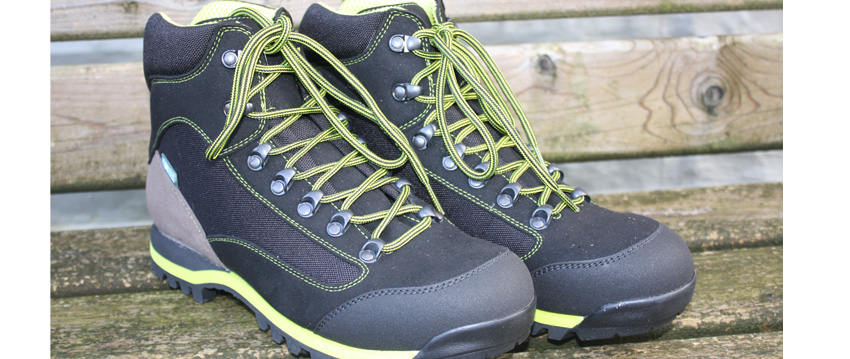
Back in half-term our 16 year old son walked some of the fabulous coastal path down the road from us here in West Wales. He walked for 3 days, camping overnight (in February 2024).
Wearing a pair of our Buckland Walking Boots, giving them a good work out through lots of different terrain, mud & more.
Here is a flavour of the journey and what they ended up like. He reliably said that his feet never got wet and stayed warm & dry. 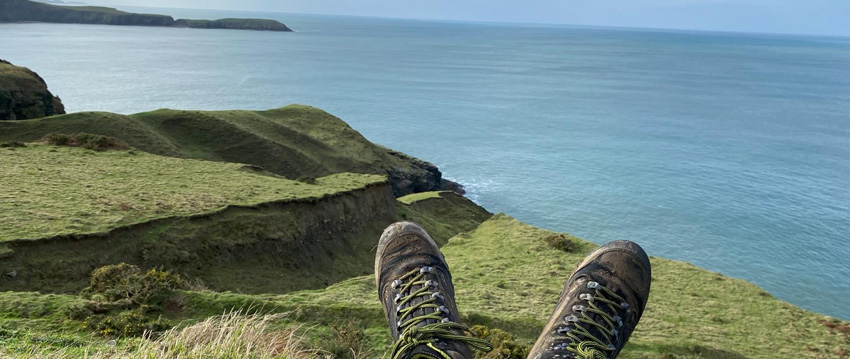
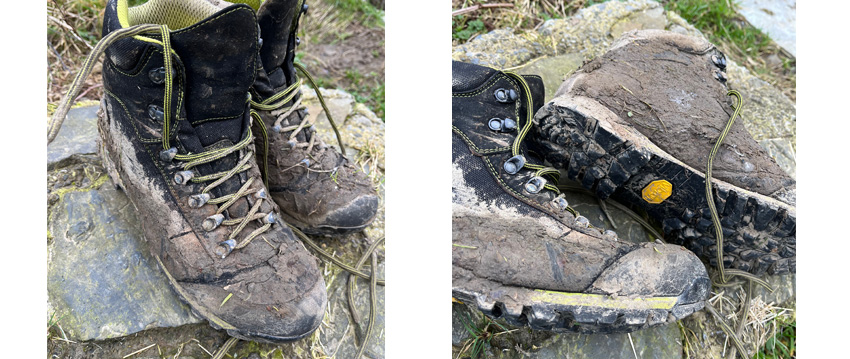
30 Years
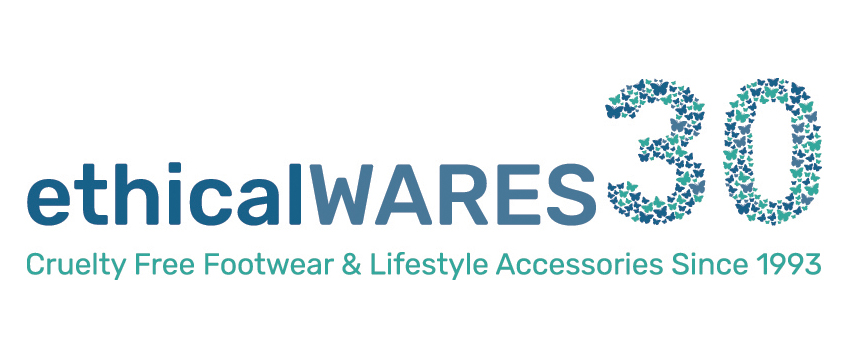
2023 is the 30th anniversary year of ethical WARES starting out on what has become a very long road!
It has been a hard slog with many ups and downs, but we wouldn’t have missed out on a minute of it (well perhaps the odd minute we could have done without!).
It was a different environment for a Vegan company when we first kicked off – quite a lonely place at times. The only other Vegan companies we can remember were the wonderful Plamil Foods – who seemed to have been around for ever, Honesty Cosmetics, Vegetarian Shoes who started up shortly before we did, and Cats Go Vegan which was run by the couple who were running the Vegan Society at the time, bringing in Vegan cat food from America if memory serves us right.
There must have been a few more around at the time but we can’t think of many who are still around today.
Contacting new suppliers back then, resulted in many blank looks of astonishment – Veganism just wasn’t anywhere near the mainstream then. ‘Conventional’ manufacturers just didn’t understand what we were trying to achieve. We do think, in all modesty, that we helped to prepare the groundwork and understanding that would have paved the way for the many Vegan companies that have followed on since.
When we started out we firmly thought that it was our contribution to the formation of a kinder, more humane world, that we would offer quality alternatives to the wearing of animal skin. This is still our main and only real objective today.
It is a bit galling to see huge, often multinational companies offering their Vegan products now – alongside their normal animal based products. A clear case of jumping on the band wagon, but that is for their conscience. Our overwhelming objective is routed in the need for a more compassionate world.
2023 finds us living in on the small holding we’ve been at for over 20 years now in beautiful West Wales, fields still inhabited by a motley collection of rescued animals, who’s care is funded by the purchases you have made from us. We are sure they are very grateful.
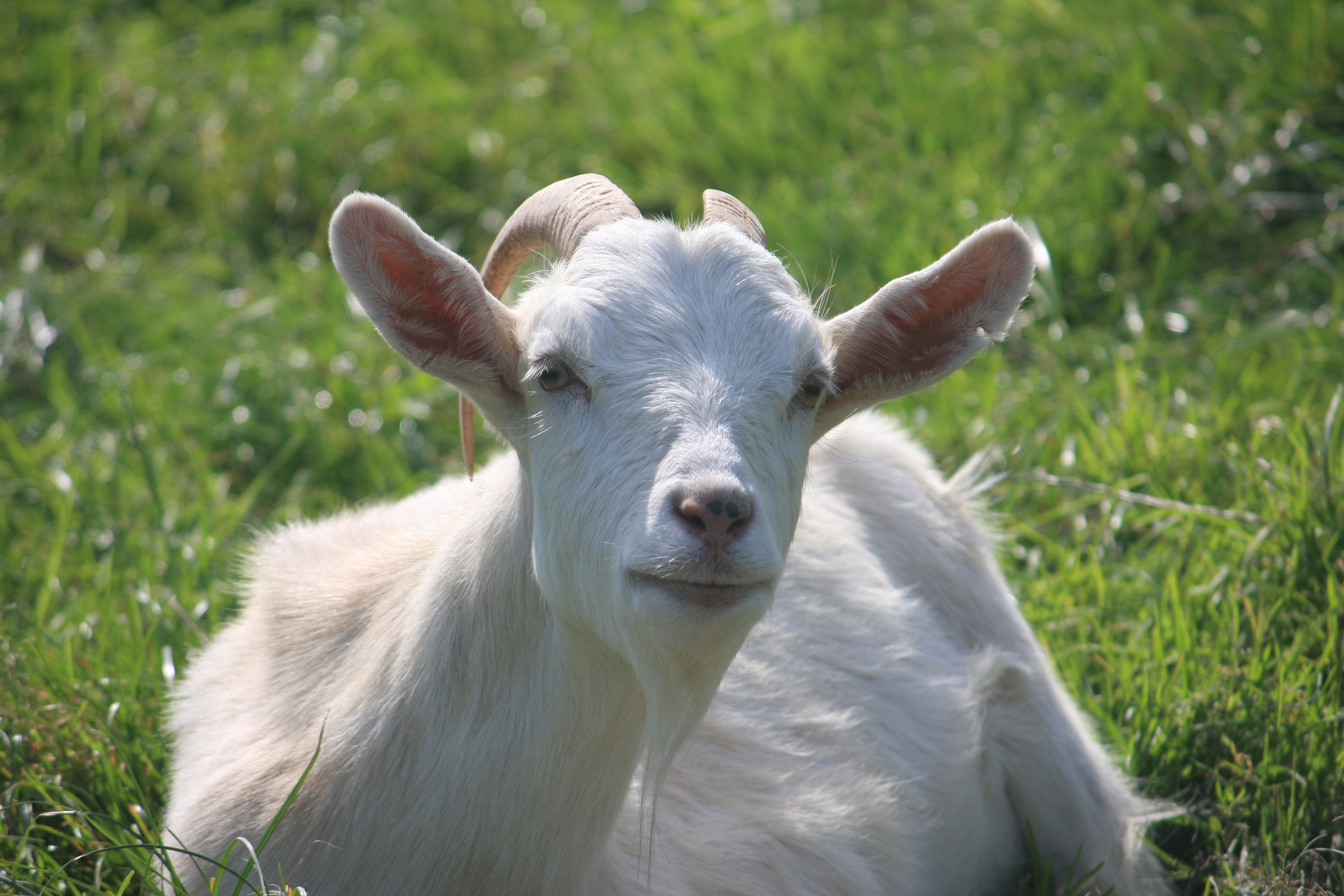
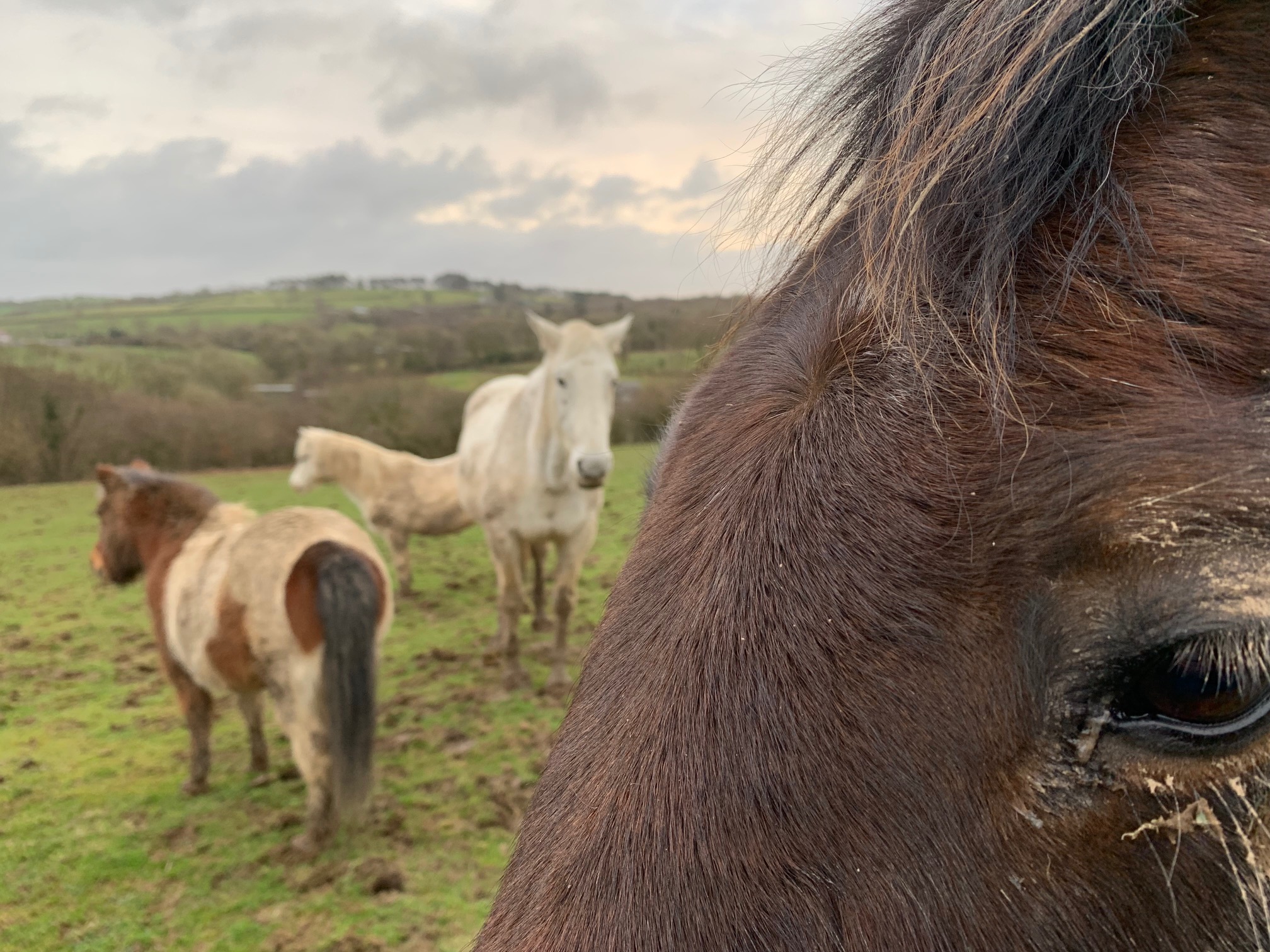
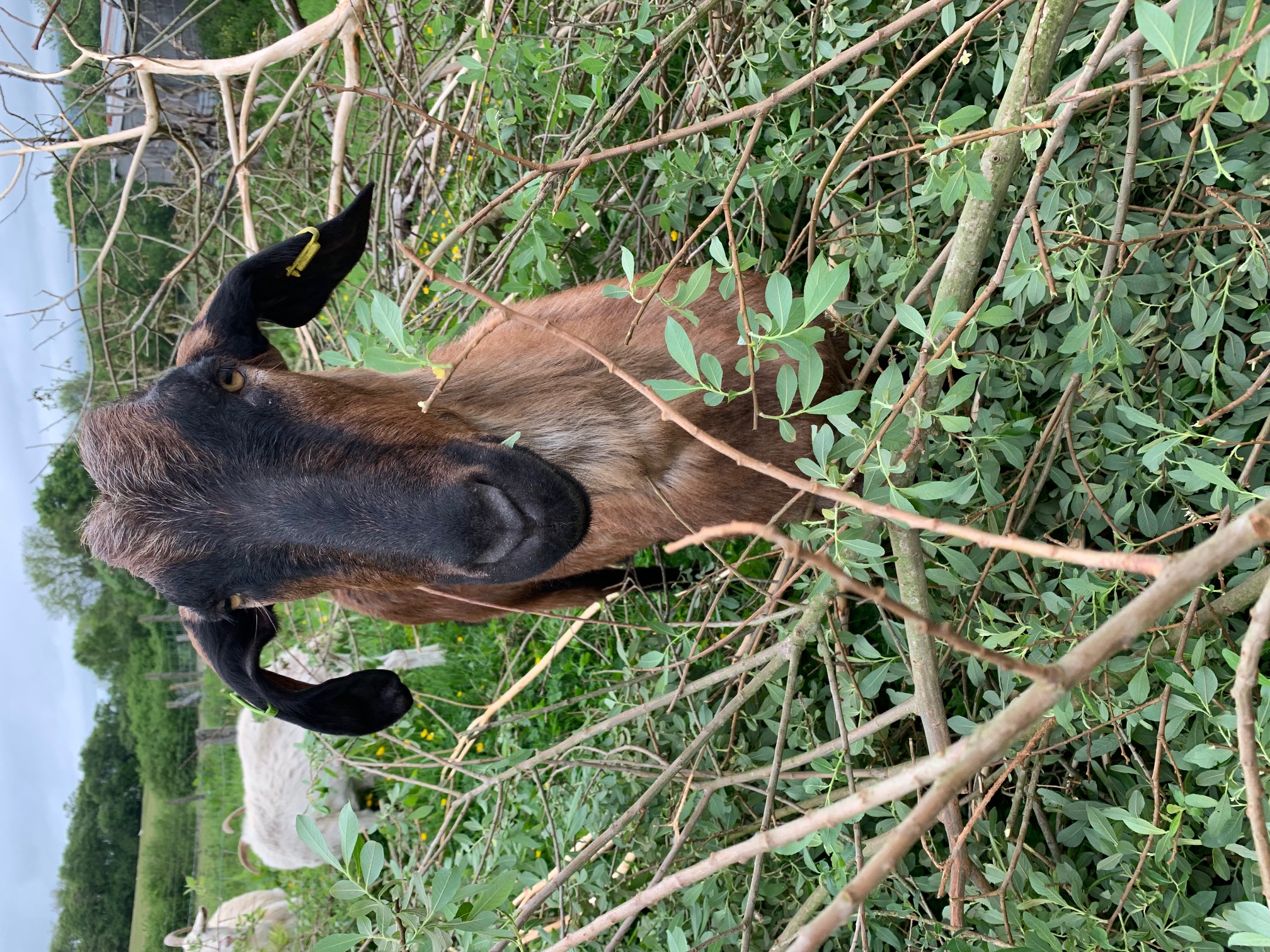
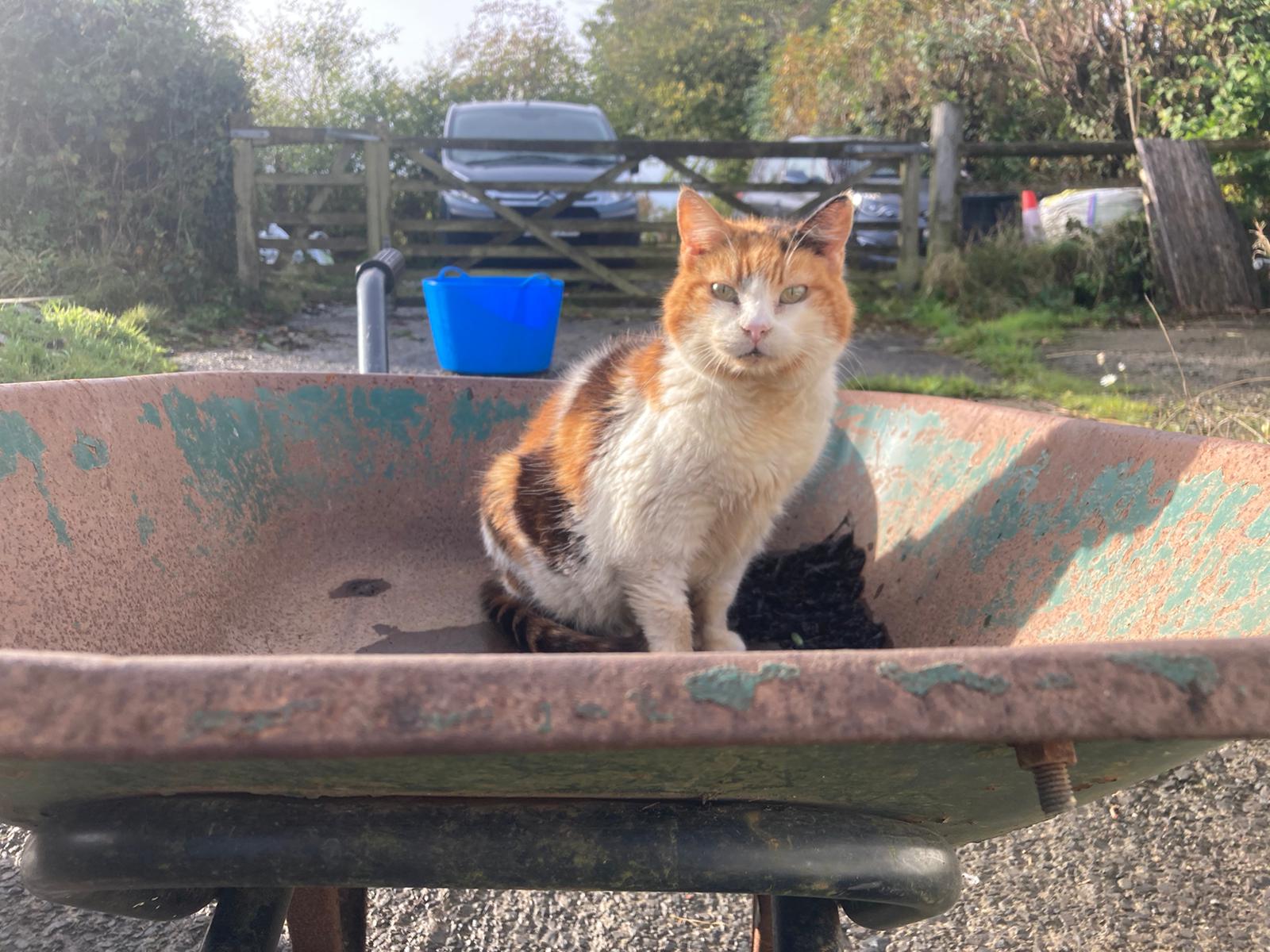
We’ve still got customers who have been with us from the get go – and we really appreciate you all, old and new.
Looking back on the last 30 years – it’s been a real adventure and we couldn’t have done any of it without you all.
So thank you.
Helping Tibetan refugees build a bright future
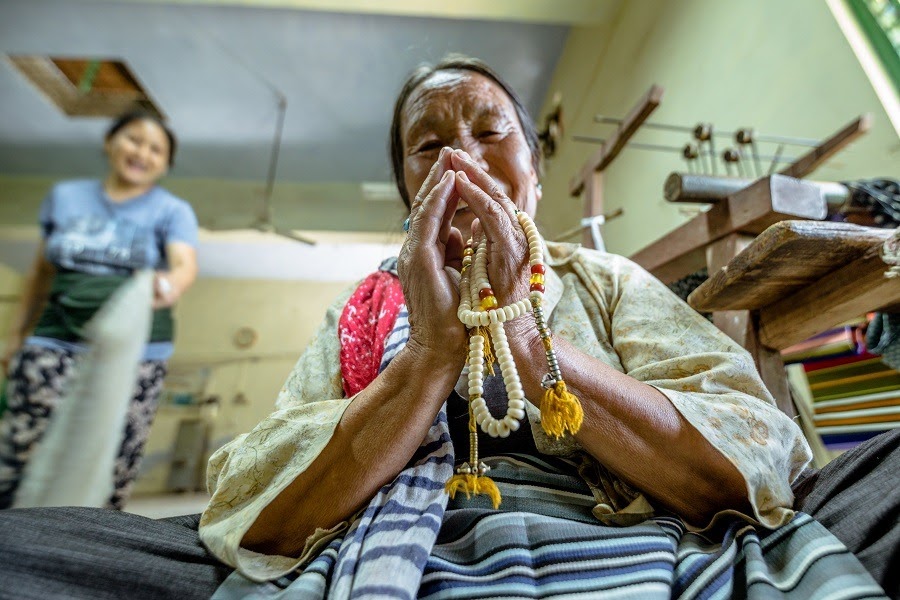
Very pleased to welcome our friends at the Tibet Relief Fund to our latest guest blog!
Ethical WARES have been pleased to work with them over the years and out support for a Free Tibet has always been proudly stated.
Onwards to a Free Tibet.
The Dalai Lama is world-famous, but what about the country he comes from?
Tibet sits at a dizzying three miles above sea level. It’s the highest country in the world, and has been occupied by neighbouring China since 1950. In 1959 Tibetans attempted to take back their country in an enormous uprising. The protests were crushed with brutal force.
Tibetans feared for the life of their spiritual leader and helped the Dalai Lama flee Tibet. His dangerous month-long journey through the Himalayas led him to Dharamsala, India, where he still lives today. Thousands of Tibetan refugees followed him. An estimated 150,000 Tibetans have escaped from their country so they can live freely and practice Buddhism.
Today the Tibetan settlements in India and Nepal are over 60 years old. Many of the original refugees from Tibet have died. Others still live in hope that they might be able to return home one day. Generations of Tibetans have been born and raised in their host countries, building the best possible life for themselves, under genuinely difficult circumstances. The culture and traditions of Tibet live on in these communities, and Tibetan is still widely spoken.
Tibet Relief Fund has been around since 1959, the year the Dalai Lama left Tibet. Our work is very different these days. Back then the urgent need was food, shelter and clothing for the thousands of refugees who had made that deadly journey across the Himalayas.
Today Tibetan communities need help to become self-sufficient for the future.
We help young Tibetans with skills training and loans to start small businesses. We support the salaries of teachers in remote settlements so children can get a good start in life. And we have been training the residents of a remote village in Nepal in construction, so they can build earthquake-resistant houses and use their new skills to earn money.
Care for the elderly and health projects are still part of what we do, but as Tibetans become more self-reliant, we hope one day to not be needed anymore.
Children in Bakhang village, Nepal
The Covid-19 pandemic has changed the landscape yet again. Tibetans who mostly rely on seasonal work and tourism have found themselves without any income. We have been providing emergency food parcels for families in need, and helping Tibetans access healthcare and medicine in India where the system is difficult to navigate at the best of times, and is now overwhelmed by Covid patients.
Settlements such as Manali in the far north need our support; we are helping people to quarantine and providing medical supplies to try and limit the spread of the virus, and providing more food parcels to help people get through the crisis.
Our Community Kitchen in Delhi will be opening permanently when the lockdown ends. It will feed the most vulnerable Tibetans in the city who have fallen through the cracks of society, and be a thriving community hub where people can come together to share a meal and get to know one another.
The effects of the pandemic will be felt in Tibetan communities for a long time to come. We will be there for Tibetans for as long as they need us, helping them to rebuild their lives after so many shocks, and ultimately to have the power to support themselves. If you can make a donation, please head to www.tibetrelieffund.co.uk/donate - your gift will be used where it is needed the most.
A Tibetan weaver in Dekyiling settlement, India
Helping Foxes in the South East of England
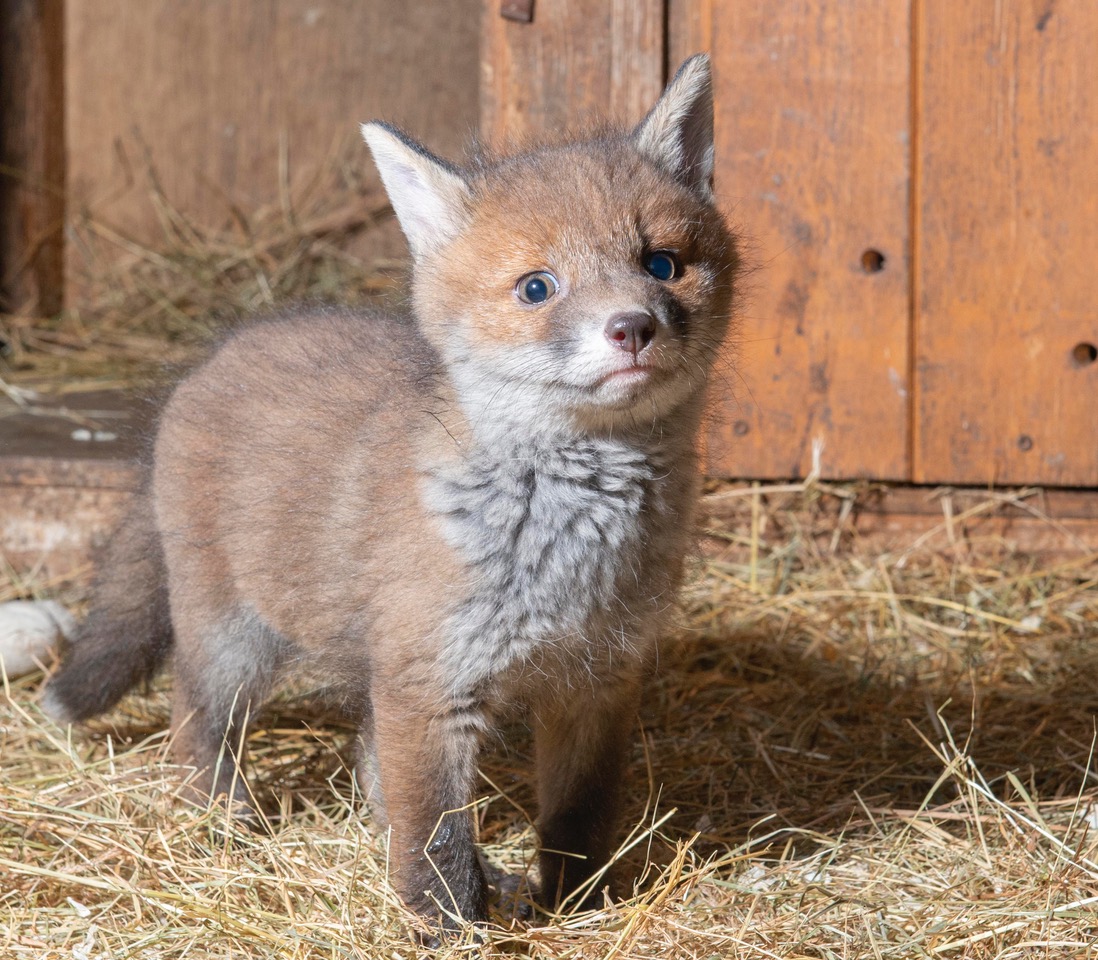
Here’s our latest guest blog – this time from the marvellous Fox Project who do such an amazing job giving a helping hand (paw?) to Foxes in the South East of England and was founded by great friends of ours Sue and Trevor Williams.
This year marks The Fox Project’s 30th cub season and, as I write, we have admitted 88 sick, injured and orphaned cubs, with the expectation of between 250 – 300 before the season is over.
The first cub of the season was Wendell.
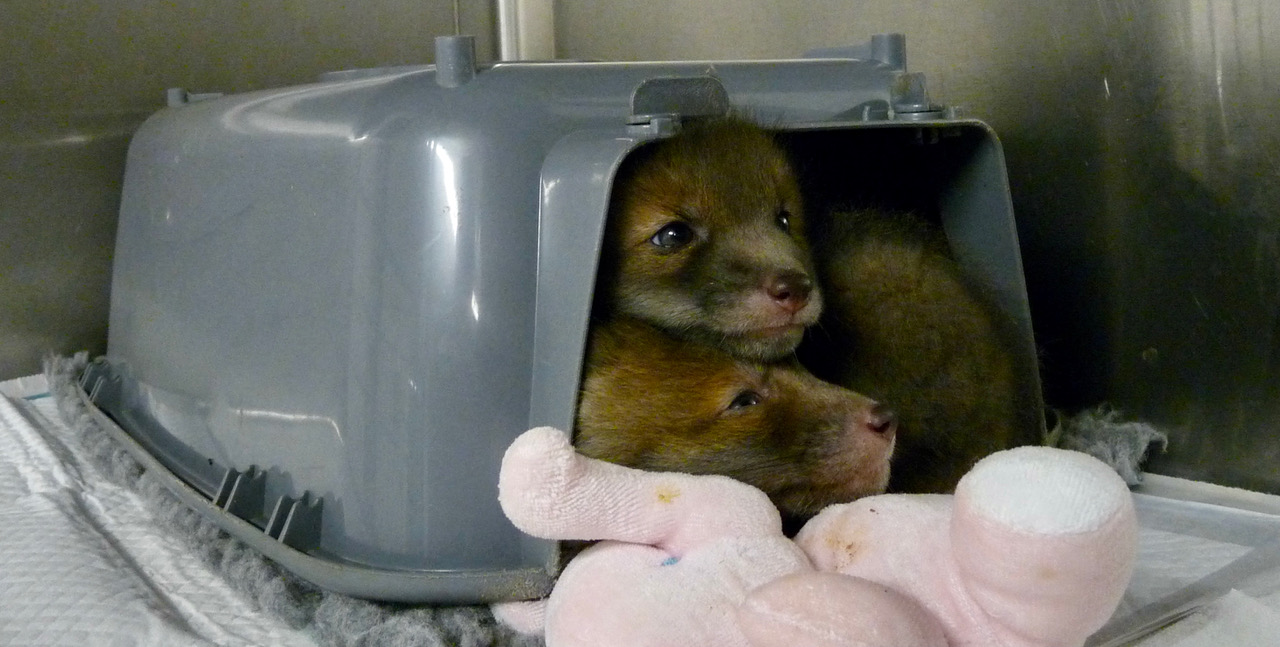
When a householder spotted an adult vixen crossing the road outside her home, she thought little of it until an approaching car startled the animal, causing her to drop something. Luckily, the car passed without running it over and she went outside to find a tiny, blind cub.
She did all the right things, placing him under a nearby hedge where she knew the vixen might pass. But the vixen didn’t return and, with a minus-degree night coming on, she had no choice but to bring him in.
Our second cub was found under a garden trampoline in Laurel Grove. Naturally, we named him Stan, but we have yet to find an Olly. Then came Brie and Banksy – the latter had rolled down a bank, but we don’t know who gave the former such a cheesy name.
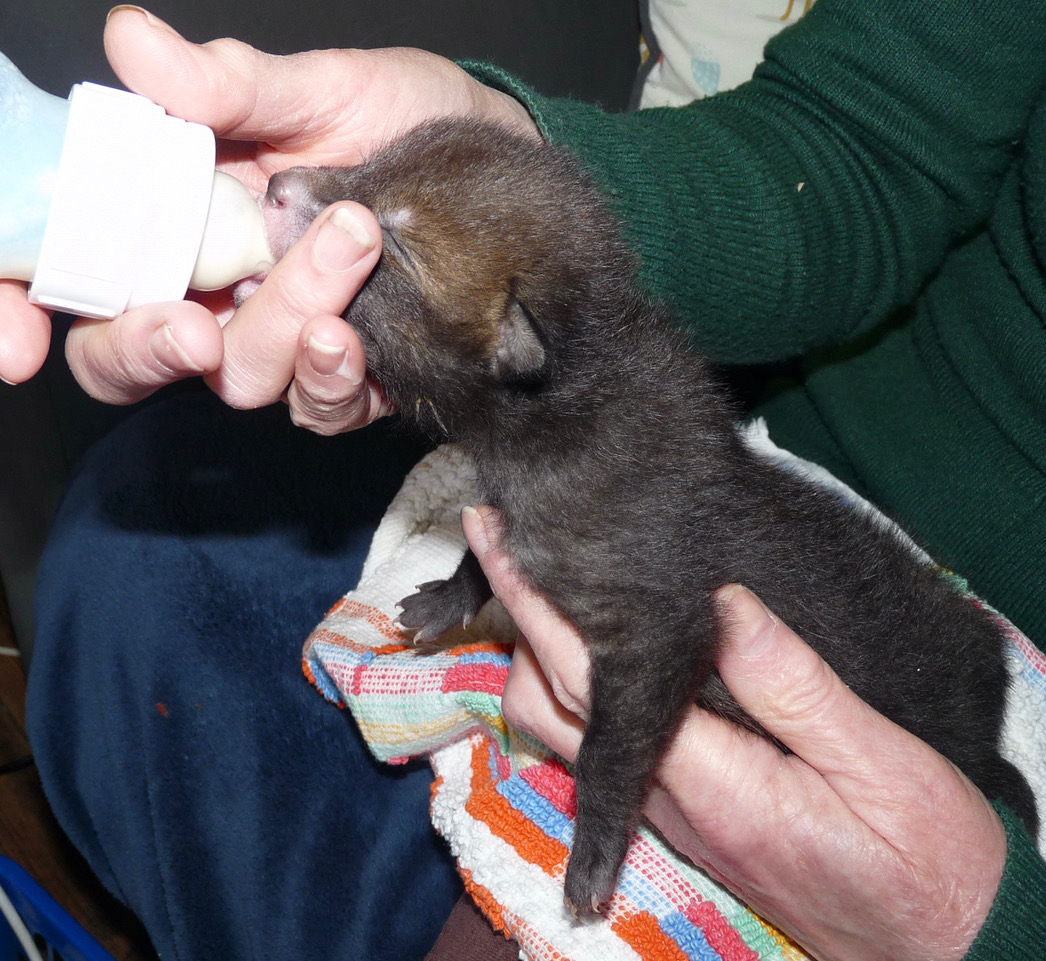
The Boilers were a six piece, mysteriously mistaken for kittens by a cat rescue group. They were found in a school boiler room and, had they been correctly identified at an earlier stage, we might have had the opportunity to reunite them with their mother. Sadly, a family split for no good reason.
A different misfortune befell Ella and Bella, whose mother was inadvertently blocked in beneath a shed by workmen. Because she wasn’t able to get back to her cubs, two had died – she, too, subsequently died after finally being discovered in a state of collapse - and it was a major task to prevent these two sisters from going the same way.
Whilst we accept most of the cubs we receive are genuinely in need of assistance – sick, injured or orphaned - reuniting cubs with their mother is the most satisfying form of rescue, and Peter King, one of our army of local rescuers, tells us this story…..
“It was Easter Saturday when the call came through from the duty ambulance driver – “Are you free? It’s not a rescue but could you take some cubs back home?”
Earlier in the day, five cubs had been rescued from a back garden where the owners had taken down a shed and revealed the fox den. Apparently, it is a favourite Kentish pastime to demolish your garden shed at Easter!
The distraught home-owners had reported that the vixen was back in their garden, searching for her cubs and clearly distressed.
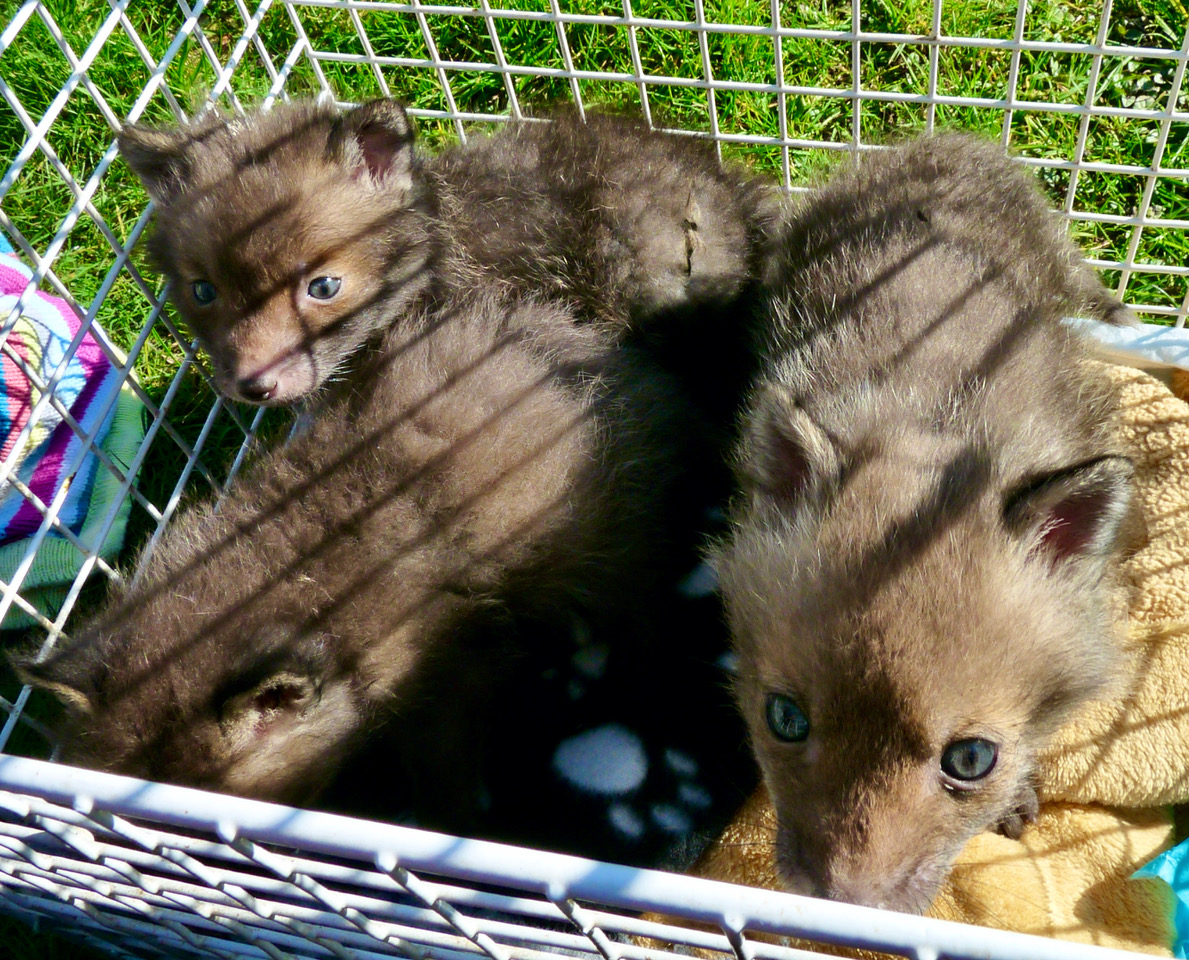
The race was on. Could they be reunited? I collected the cubs, who were contained in a heated cardboard box from which they couldn’t escape but from which “mum” could recover them. I positioned it on the site of the former shed and went indoors for a cuppa with the householders. Before the kettle had boiled the vixen came over the fence. Would she? Could she? All we could do was give her the time and space. And she used it well! The box was upturned, emptied and we have no reason to doubt the cubs were transported safely to another of the vixen’s dens, probably not far distant.
The home-owners – and me! - were delighted that the five cubs would now have the best chance of survival, as “mum” really does know best.”
Local rescue team Jeff and Jessica Cater had a different tale to tell of a family we subsequently named The Squatters.
“The call was for a cold and distressed cub and the plan was to retrieve it, check if the rest of the family were nearby and reunite them. Sure enough, we could hear more cubs crying under a nearby shed but there was extremely limited access between the concrete supporting blocks.
Vocalising cubs are usually cubs in distress. They needed to be checked out, but my only option was to squeeze into the tight gap behind the shed, remove a couple of loose blocks and get my head under. Predictably, the cries were coming from the opposite corner, the cubs were in a shallow depression and impossible for me to reach by hand.
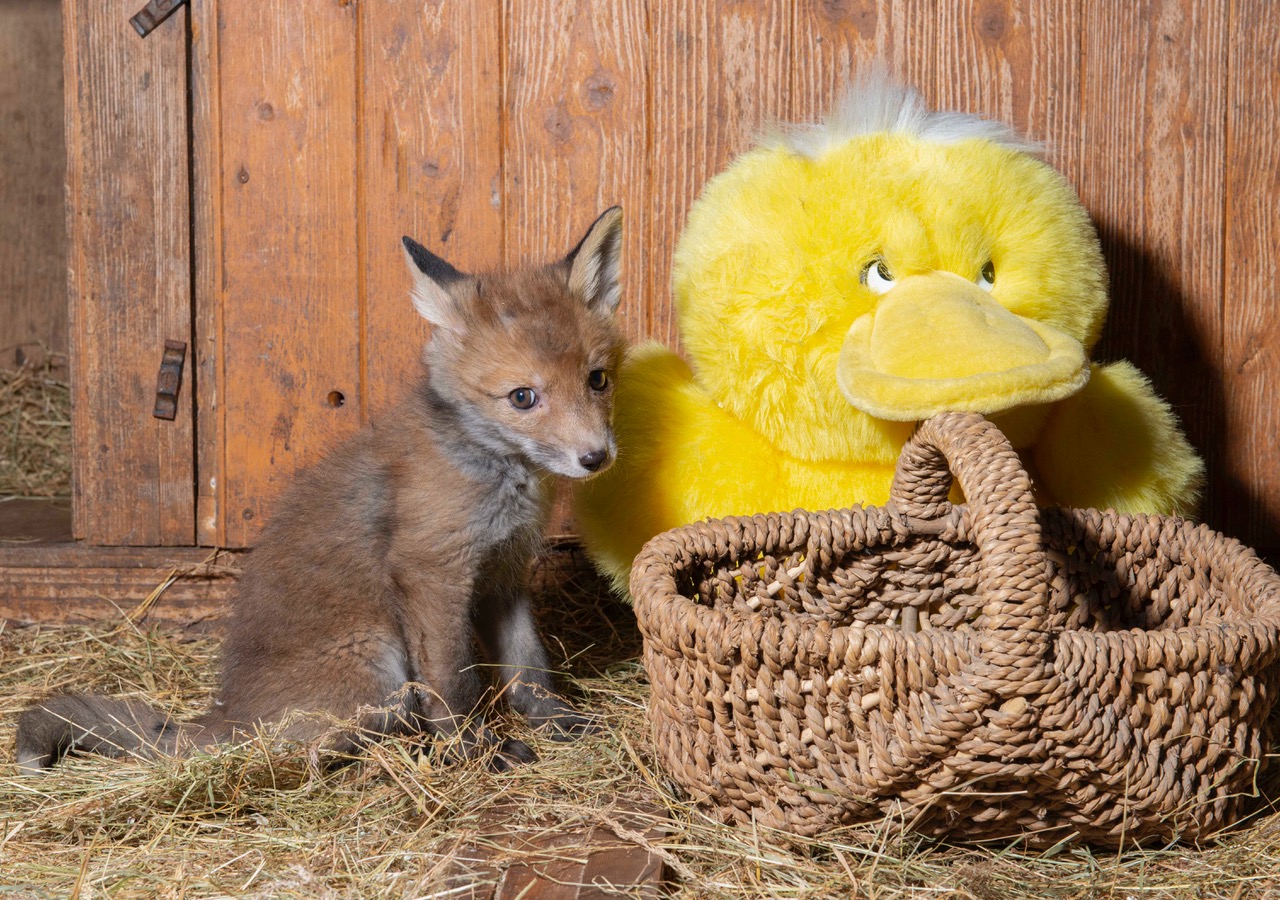
Our long-handled net would have reached them but was too wide to fit through the gap so, improvising, the householder lent me a broom and after much manoeuvring I was able to pull out cub number 2, then number 3, followed by 4 and 5 together and – oh no! – surely not 6 and 7!
The cubs were extremely cold, and Jessica did her best to warm them up in a big towel - and down her shirt! - while I checked there were no more.
It was clear from their condition that Mum, for whatever reason, had not been around to tend them for some time so it was a massive relief to recover them all.
In the end a successful mission but, after being called out for a single cub, we got rather more than we bargained for!”
Congratulations to all concerned. Both rescues were successful in entirely different ways, but the best options were found for 12 cubs in need of our help.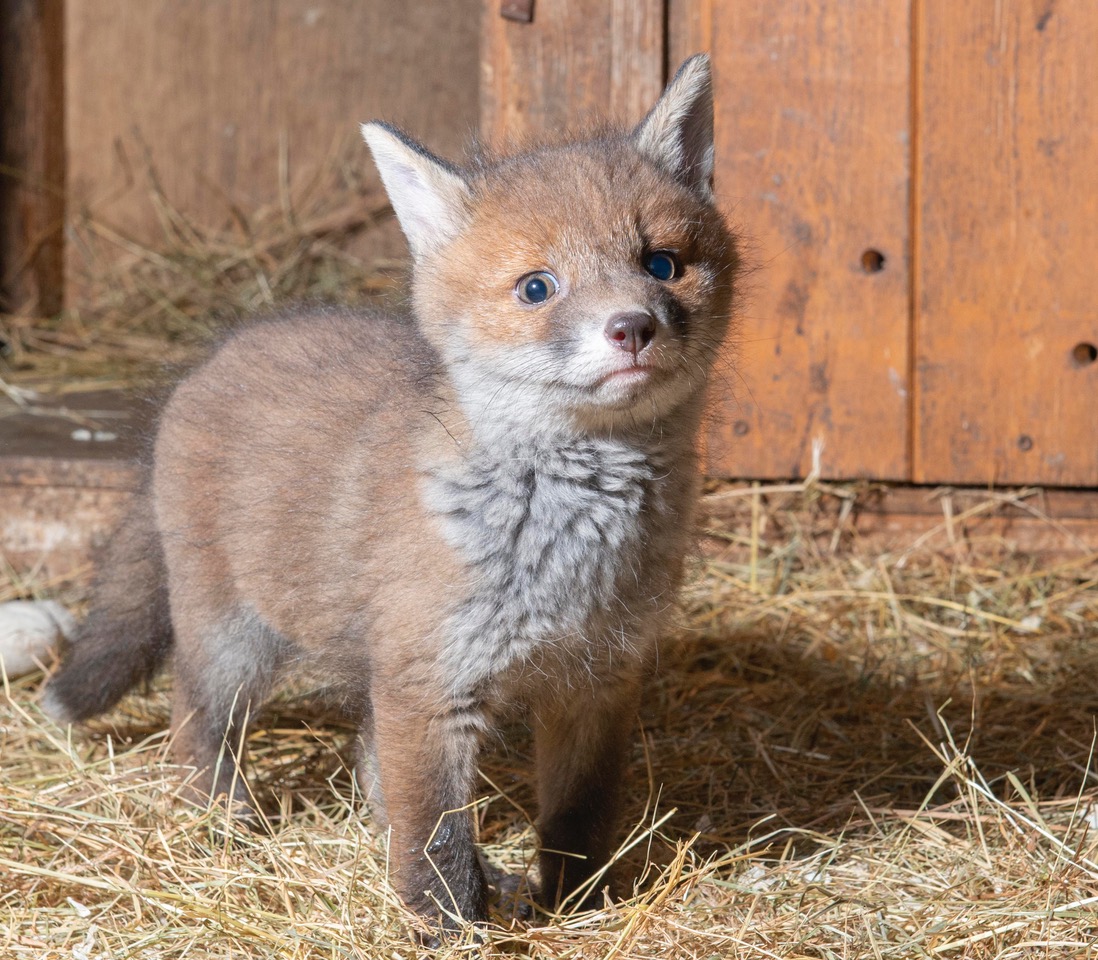
And then there were The Neville Brothers; not the soul band – there were four of them; not the footballers – there were two of them; but three vulpine Neville Brothers discovered trying to fend for themselves behind yet another garden shed.
There was Olive and Izzie and Roddie and Dale. And Alfie, Flick and The Ramblers. Gizmo, Twizzle, Porter and The Bells. And siblings April and Bud, who were so emaciated, hypothermic and dehydrated they were practically dead before they arrived. As I write, it’s taken one staff member almost all her time, day and night, to get them through, but they look for all the world as if they’re now going to make it.
Trevor Williams, Founder.
(If you would like to support our work through this cub season, please go to https://donate.thebiggive.org.uk/campaign/a0569000...)
The latest news from ethicalWARES
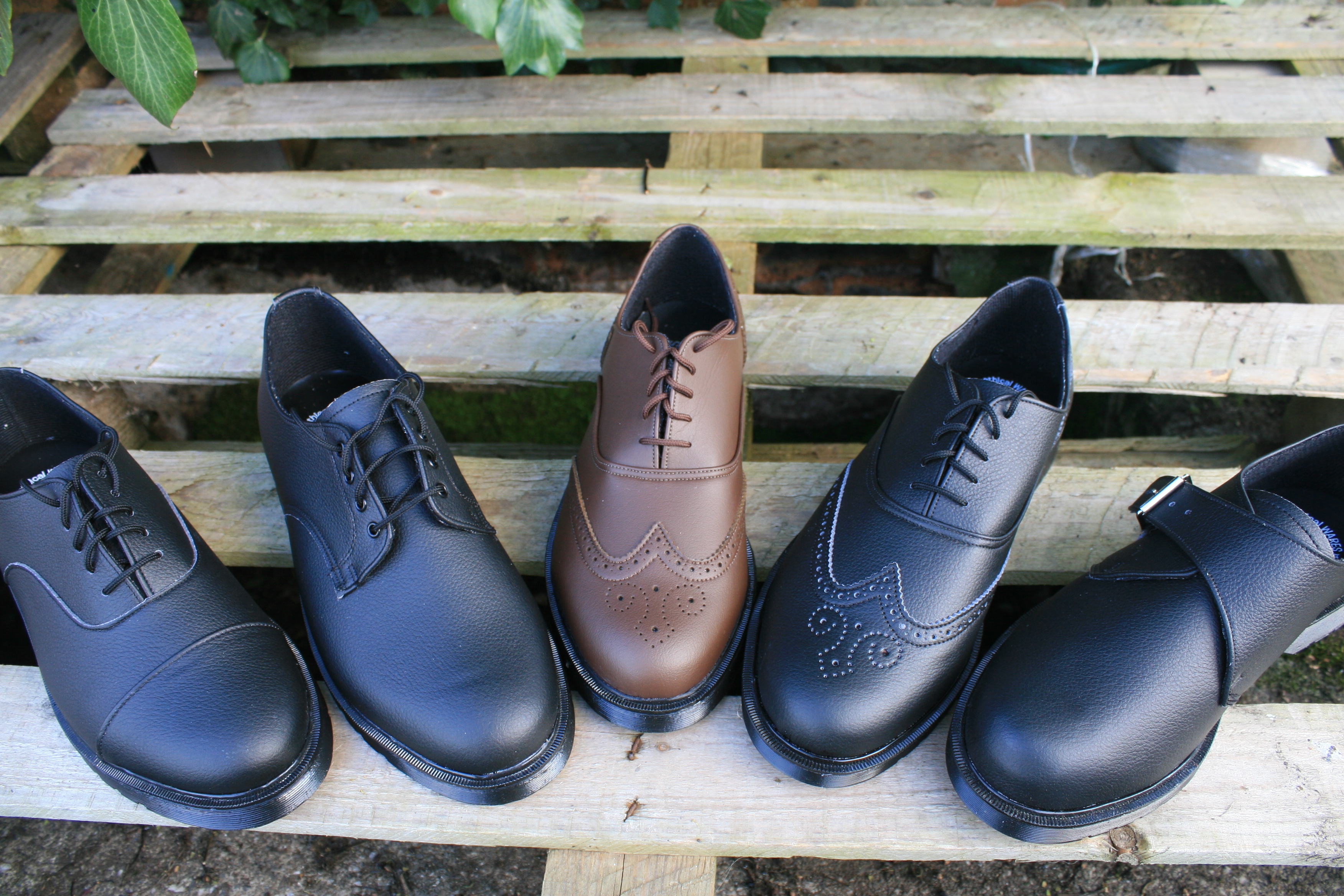
2020 was a truly terrible year for us all and the omens for 2021 don't look too encouraging at the moment.
We have been though, truly humbled, that despite the grip of this terrible pandemic, people are still determined to live their life compassionately, and this has included still buying their Vegan and ethically sourced goods from us. We are really grateful for the support we have been given over the past year, in what has been a really challenging time for all/most business's.
We are determined to keep pressing ahead with the vision we've had since day 1 of ethical WARES – that is for us to play our part in making the world a kinder and more peaceful place for all its inhabitants.
To that end, with optimism to the fore, we've been investing for the future and already this year;
We're waiting for our first delivery from our Italian manufacturer to re-stock our walking and safety footwear, this delivery should also include some new samples hopefully to be added to our range in the not too distant future.
We've also placed an order from one of our UK manufactures to re-stock our range of classic Vegan Mens shoes – the UK footwear industry is not having a happy time right now and we are happy to continue supporting it.
Just arrived is a big order of Fair Trade clothing and accessories –while all of our products will always be Vegan, we are also determined to support Fair Trade producers from around the world- many of whom will be in countries less able to withstand the ravages of the pandemic than our own.
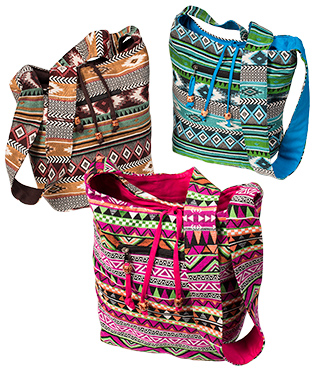
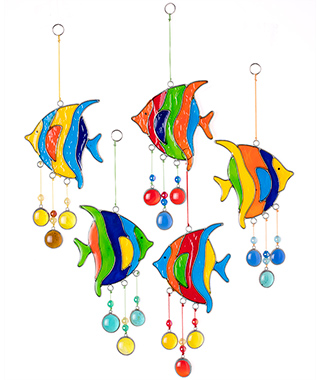
And we've also just ordered another big batch of our famous (well we like to think they are!) Vegan belts, all of which are made in the UK.
And we're just renewing our Best Buy agreement with the rather fab Ethical Consumer Magazine, making us one of around 40 of the UKs leading ethically based companies. Great company to be in.
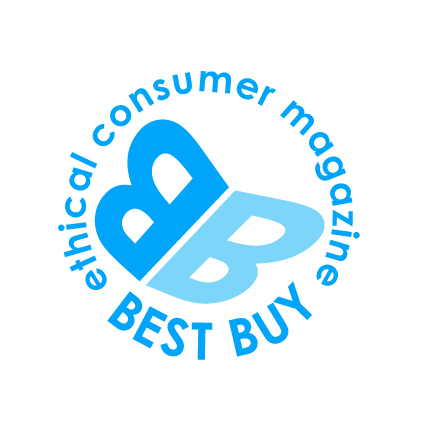 So, difficult times need to be faced with optimism and its times like this when your ethics and principles help to bring you through.
So, difficult times need to be faced with optimism and its times like this when your ethics and principles help to bring you through.
Thanks again for all your support through 2020, please stay with us and let's see what 2021 will bring.
Street Dog Care - £400 payment made
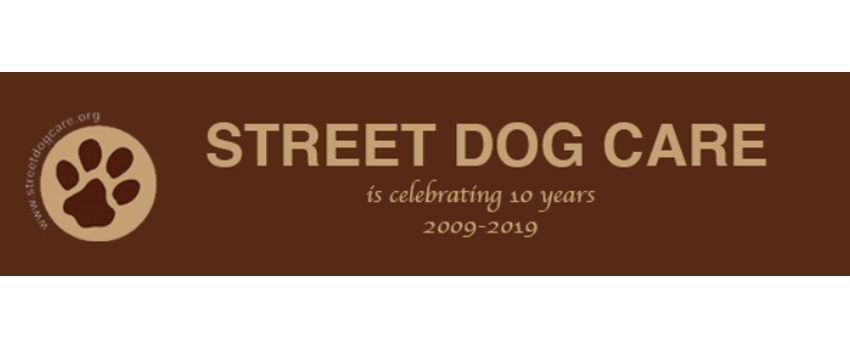
Many thanks to everyone who has supported us in helping the tremendous work of Street Dog Care over the past year, in helping stray dogs in the Kathmandu Valley in Nepal.
Everyone who has brought one of their bags, T shirts or their 2020 calendar (all proceeds less postage and VAT go back to SDC) has helped us to send them a further £400.
A new batch of T shirts and their new 2021 calendar on the way and will be available on our website soon.
Thank
you all so much
OurLizzy
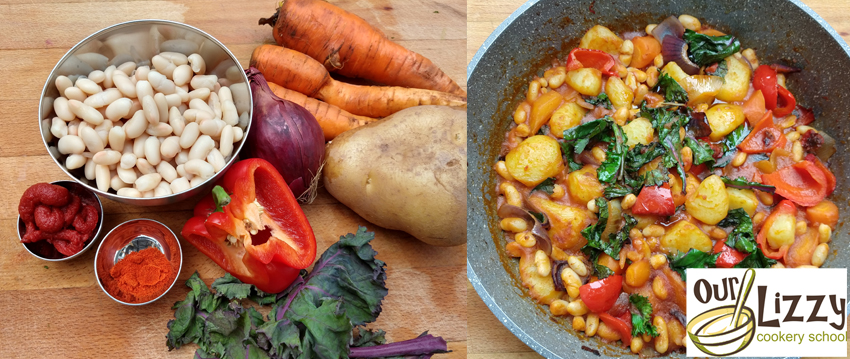
Stuck in with time on your hands at present? Why not try making the famous Store Cupboard Stew – ‘An easy way to cook pretty much anything! Beans are a good staple, but this is great with veggie sausages, seitan pieces, or tofu’ – from the rather fab Our Lizzy Cookery School (which comes highly recommended from our own personal attendance at some of her amazing courses.)
ethicalWARES' Guide To Recycling & Upcycling
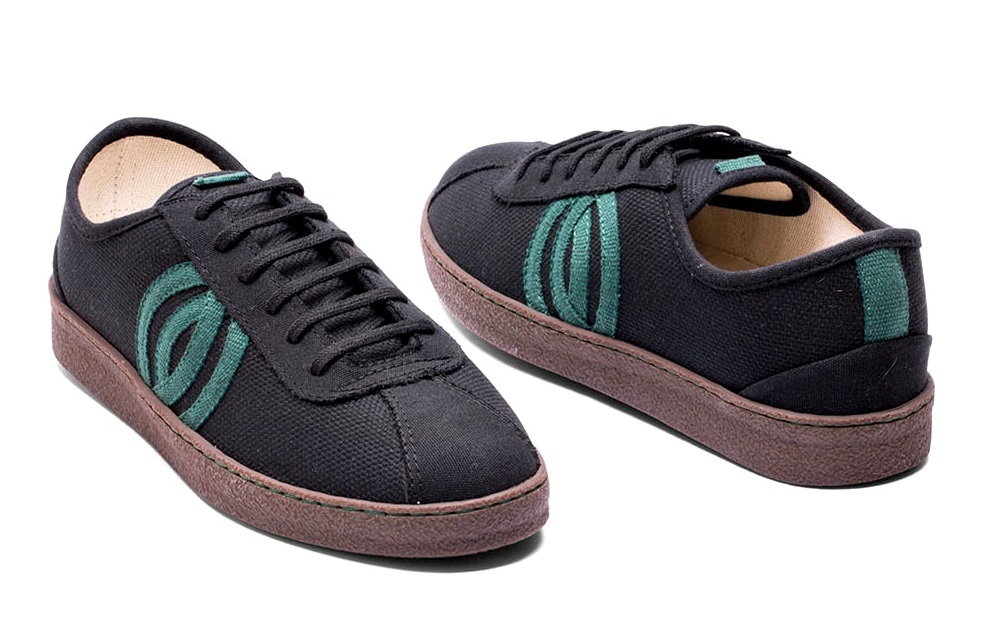
Recycling and upcycling are two methods of reusing and repurposing old materials or goods. Both are great ways of mitigating the impact on the environment, avoiding the need to source new raw materials and send unwanted items to landfill.
As the ‘green revolution’ continues to grow, you will likely come across an increasing number of brands and companies that are choosing to use recycled materials and even upcycled goods.
Recycling Vs. Upcycling
Many of us are well aware of recycling, but can become confused about the difference between recycling and upcycling. Here is a quick explanation of each.
Recycling
● Glass
● Paper
● Cardboard
● Metals
● Some plastics
● Tyres
● Textiles
● Batteries
● Electronics
Recycling has become imperative as a means to limit the amount of waste we create worldwide. As our population and unhealthy addiction to consumerism continues to grow, recycling can help control the number of materials we are using and disposing of.
Upcycling
Upcycling is a lesser-known term than recycling but is becoming a common term among eco-conscious consumers, designers, and business owners. Upcycling is the process of using old items for new purposes.
Recycling in the Consumer Market
Here at ethicalWARES, we have just successfully created a pair of sneakers using recycled car seat covers. The laces are even made with recycled polyester filling!
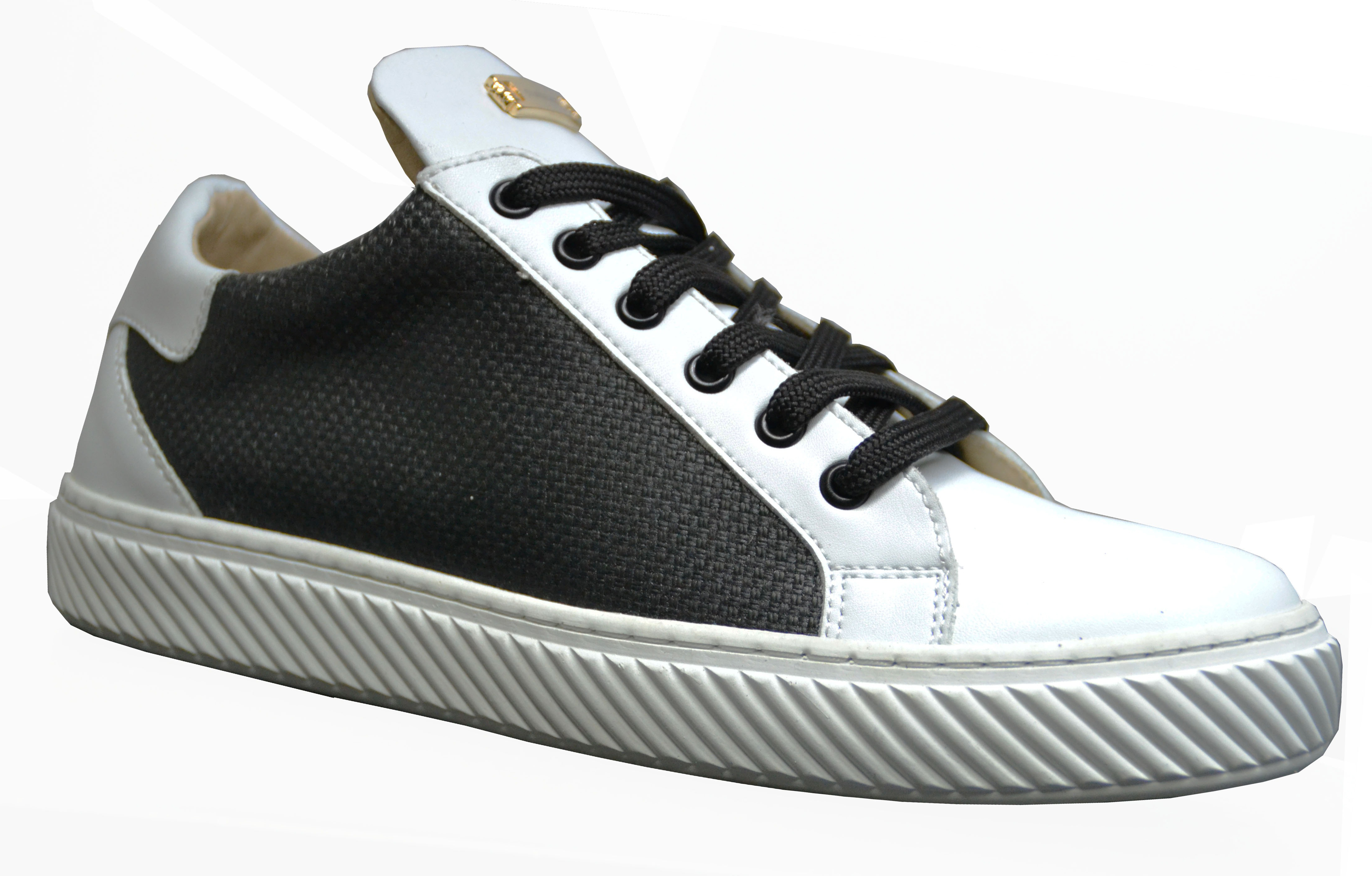
We also sell the Diogenes vegan sneaker and the Vesica sneaker, both made from a variety of recycled materials, and the Free Tibet squash sneakers which feature soles made from recycled tyres!
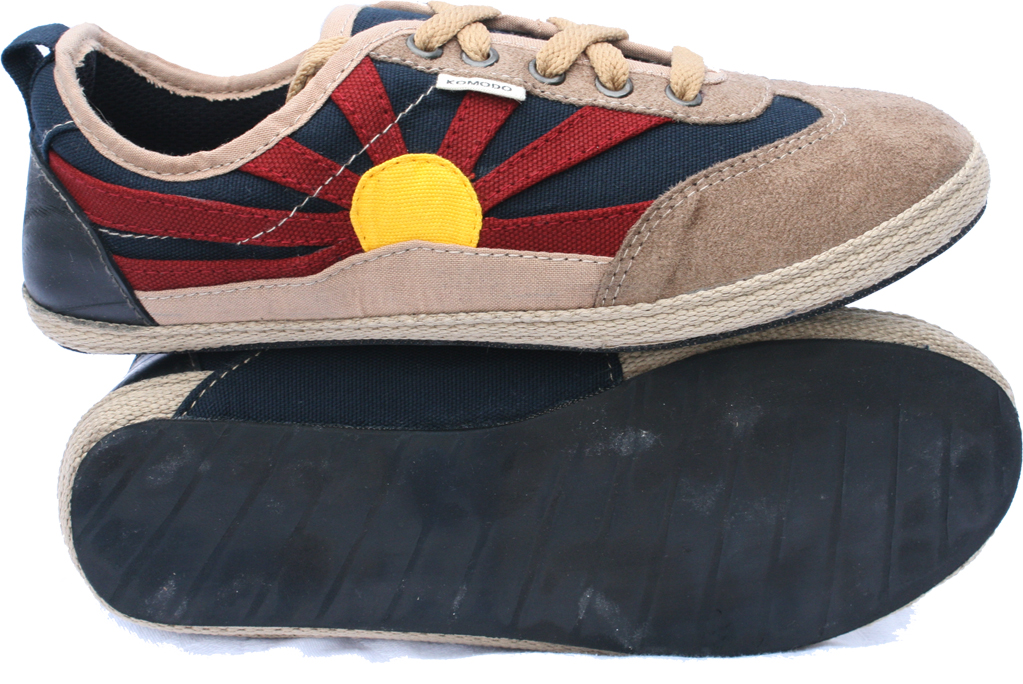
Upcycling in the Consumer Market
Upcycling is not quite as popular as recycling just yet, but the potential is starting to be realised gradually by some companies.
The Future of Recycling and Upcycling
As the pressure mounts on both individuals and companies to reduce their impact on the planet, it is highly likely that both recycling and upcycling will become the standard for future design.
Vegan design: 4 tips for transitioning to cruelty-free furniture in your home
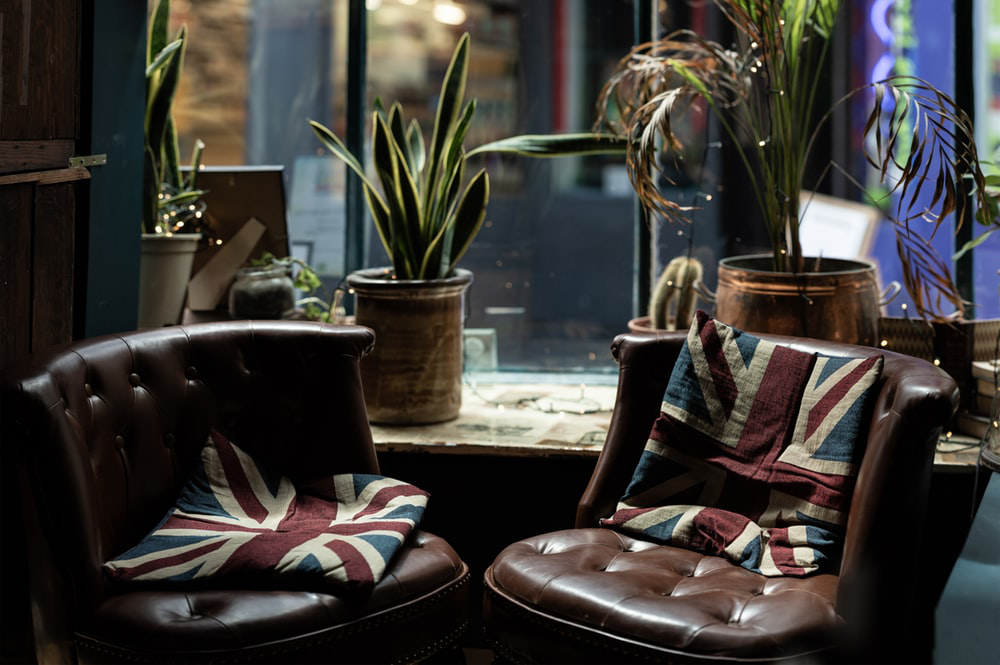
Ethical WARES have been around for a long time now – it was lonely at times being a Vegan company 27 years ago now, but we were pleased then, as now, to have been flying the flag for a more compassionate world.
We get approached by many other companies, tentatively on the way to producing animal free products, so were pleased to have been contacted by Sofas by Saxon who now have some Vegan furniture in their range, and made in the UK too
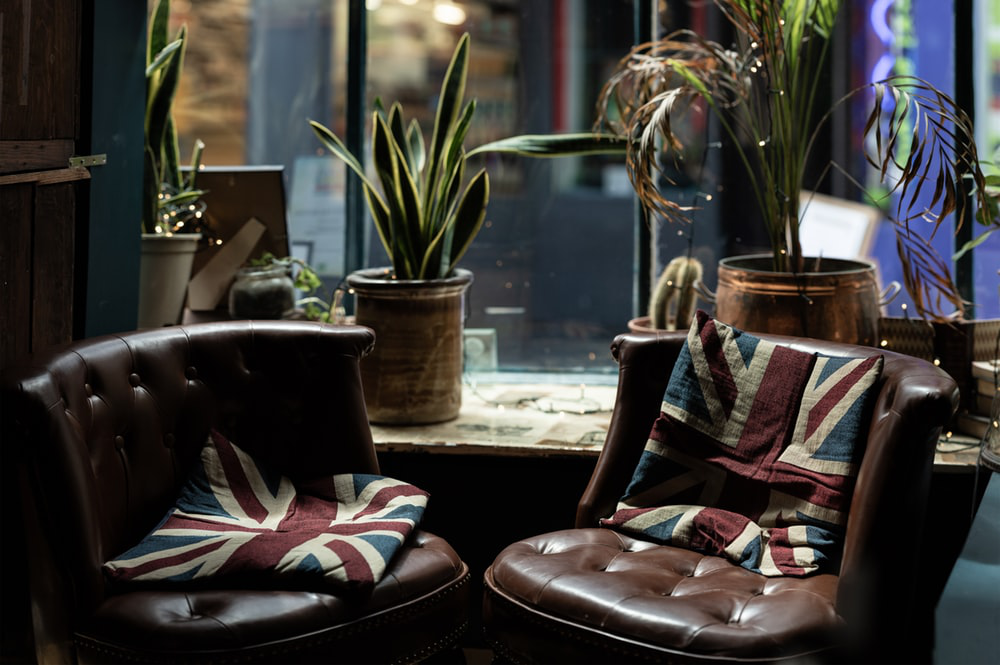
Whether you've recently turned vegan or have been following this lifestyle for a while, welcoming cruelty-free furniture into your home can ensure you're buying as ethically as possible. Here, Matt Deighton from Sofas by Saxon shares his tips for introducing animal-friendly furniture into your home.
Our homes are our pride and joy: a place we like to make our own and show off to our nearest and dearest. But, in the current state, where vegan interiors are lagging a couple of years behind vegan food development, it can be tricky trying to find alternatives to furnish your homes with. But, if you're looking to overhaul your home with cruelty-free furniture, there are some ways you can remain ethical and still have a beautifully decorated home.
Whether you're looking for a new sofa, armchair or dining chairs, there are ways to ensure you're only choosing the most animal-friendly interiors for your home. Here, I will be sharing my top four tips for transitioning to cruelty-free furniture.
Check the business' eco-credentials
Before buying anything from interior companies, it's important to look at their eco-credentials, and get clued up about their impact on animals and their habitats. Businesses that are dedicated to preserving both of these will usually mark their products with an eco-friendly label.
For example, if you're after wooden furniture, consider buying forest-friendly wood and timber. These are named so because they're responsibly sourced from well-managed forests, and those selling this type of furniture have complied with legal, social and environmental standards. Similarly, look out for businesses marking their products as made from 100% recycled materials, as these will have removed the need for any harmful processes to take place again. This means there's less water or air pollution to damage animal habitats, making these furniture pieces significantly more ethical than their alternatives.
Choose faux and vegan leathers
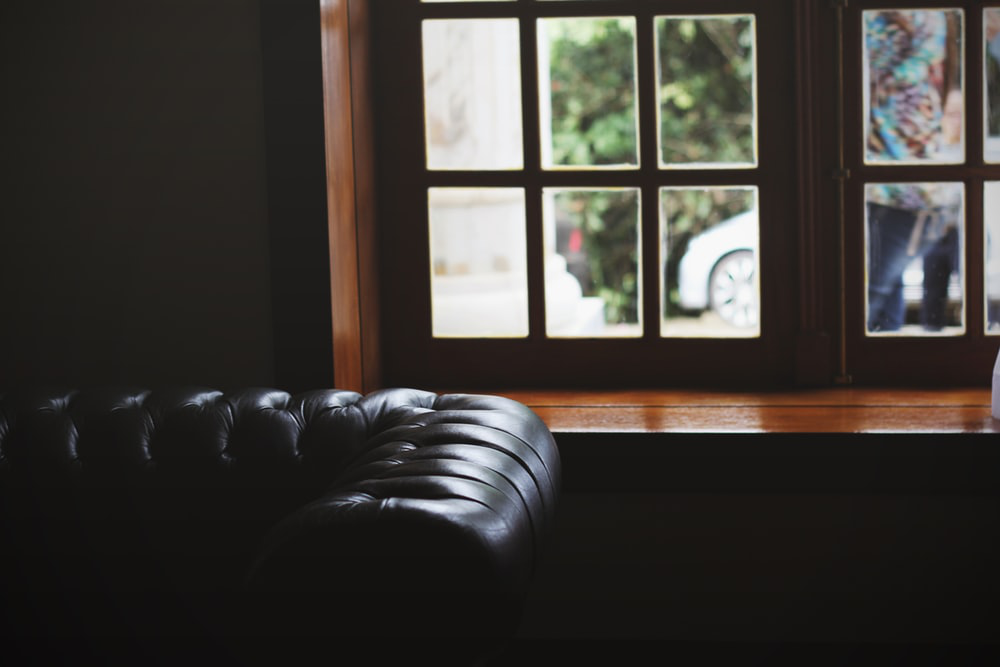
Leather sofas are extremely popular given their durability and aesthetic, but unfortunately don't fall into the animal-friendly criteria. However, if you love the look of your leather furniture, and don't want to change to fabric, you'll be pleased to hear that buying faux or vegan leathers can give your home the same beautiful look, without using animal products.
Faux leather is typically made from polyester and finished with wax, dye and PVC to imitate the texture of real leather, so you can guarantee you'll still have somewhere soft and comfortable to relax after a long day. If you're trying to limit the environmental impact your home has, vegan leathers made from natural materials may be more suitable. These can be made from cork, as well as glazed or waxed cotton so forego any harmful chemicals.
As well as being better for the environment, and cruelty-free, you can save some money on your interiors by opting for faux or vegan leather furniture.
Look for sustainable fabrics
Some of the most common fabrics can be damaging to the environment, and therefore have a knock-on effect on animal life. So, if you're considering investing in some new fabric furniture, it'll be important to look at organic fabrics which have been made using fibres from plants. This could include raw cotton, linen, hemp, muslin and jute, among many others, meaning you'll be spoilt for choice. Plus, as many of these are biodegradable, you can ensure they don't disrupt animal habitats.
Buy British
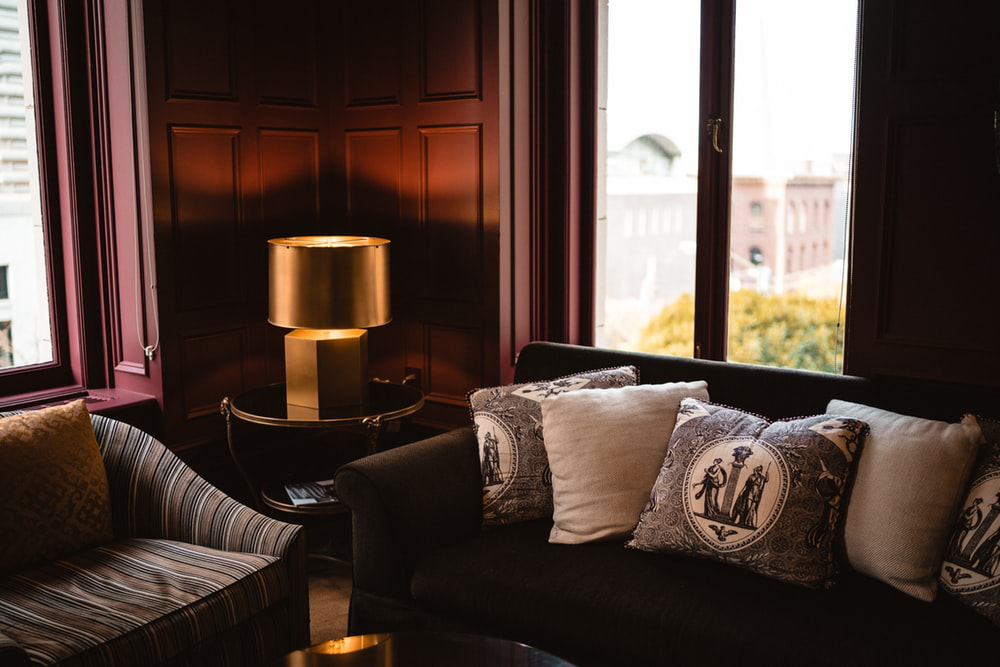
When you buy furniture from overseas companies, it may require planes, trains, lorries and other forms of transport to get it to your door. And, with data from EPA revealing that 95% of the world's transportation energy comes from petroleum-based fuels, your purchase can indirectly contribute to environmental issues, such as global warming and air and water pollution. As well as being hazardous to people, this can destroy animal's habitats and affect their wellbeing.
When you buy British, you reduce the number of miles your goods need to travel, and therefore limit the harm on the environment and animals. Additionally, supporting British companies can strengthen and support the UK economy, as well as reduce delivery and customer service response times from the company you buy from.
Transitioning to animal-friendly furniture needn't be complicated. Simply follow my top four tips and watch your interiors quickly match up with your vegan lifestyle.

